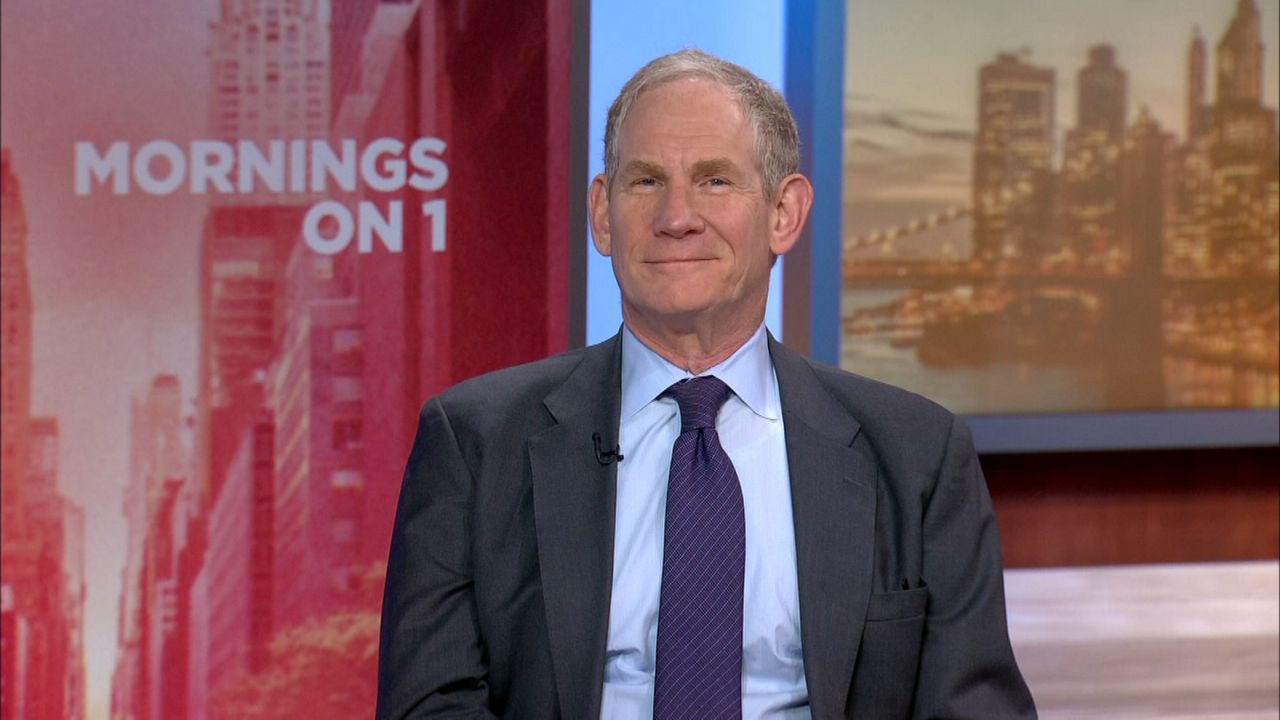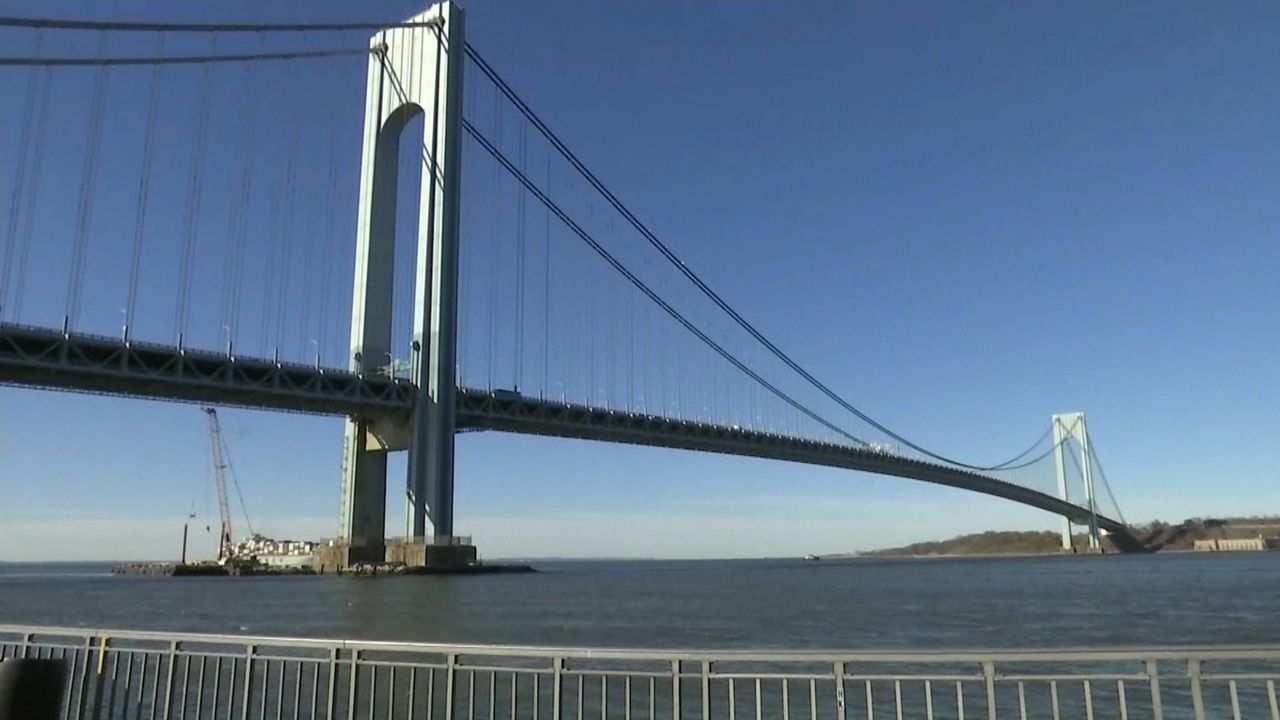Public transportation riders and advocates marked a major milestone Monday, celebrating the first workday of congestion pricing in New York City.
The new tolling system, which aims to reduce traffic and fund transit improvements, has already led to faster and more reliable commutes for both drivers and public transit users, Danny Pearlstein, policy and communications director with the Riders Alliance, said.
"Riders spent a decade winning support among our legislators, holding two governors accountable, finally winning lawsuits in two different states," Pearlstein said during an interview Monday on "Mornings On 1." "I think we have a right to savor that we can have something nice here, that we can do better than we've done before, and we can prove that it's held accountable. The government can work for the great majority of the people who depend on public transit and even deliver for drivers who are already experiencing faster, more reliable commutes."
While some drivers view congestion pricing as unfairly benefiting the MTA at their expense, Pearlstein argued the changes will benefit everyone.
"I get that a lot of drivers have already sort of built their life around a miserable commute. But that doesn't mean that's the best thing for them or for anybody else," he said. "Drivers who are getting home faster to their families are going to be thankful for that."
While MTA officials have said subway service boosts were already implemented ahead of congestion pricing, some believe more could be done to improve frequency and access. But Pearlstein said he has already experienced the impact.
"I ride the 1 train a lot on the weekends, and service on the 1 train, which was every 10 minutes, is now every six minutes," he said. "When I'm waiting with my 3-year-old or my 7-year-old in the cold outside on the 1 train at the end of the line, we appreciate that. That's making a big difference."
Looking ahead, Pearlstein expressed confidence that congestion pricing would ultimately win over many drivers.
"I think absolutely. Inevitably," he said. "The overwhelming majority, millions of people commuting into this city, are already receiving or will soon have faster, more reliable commutes."




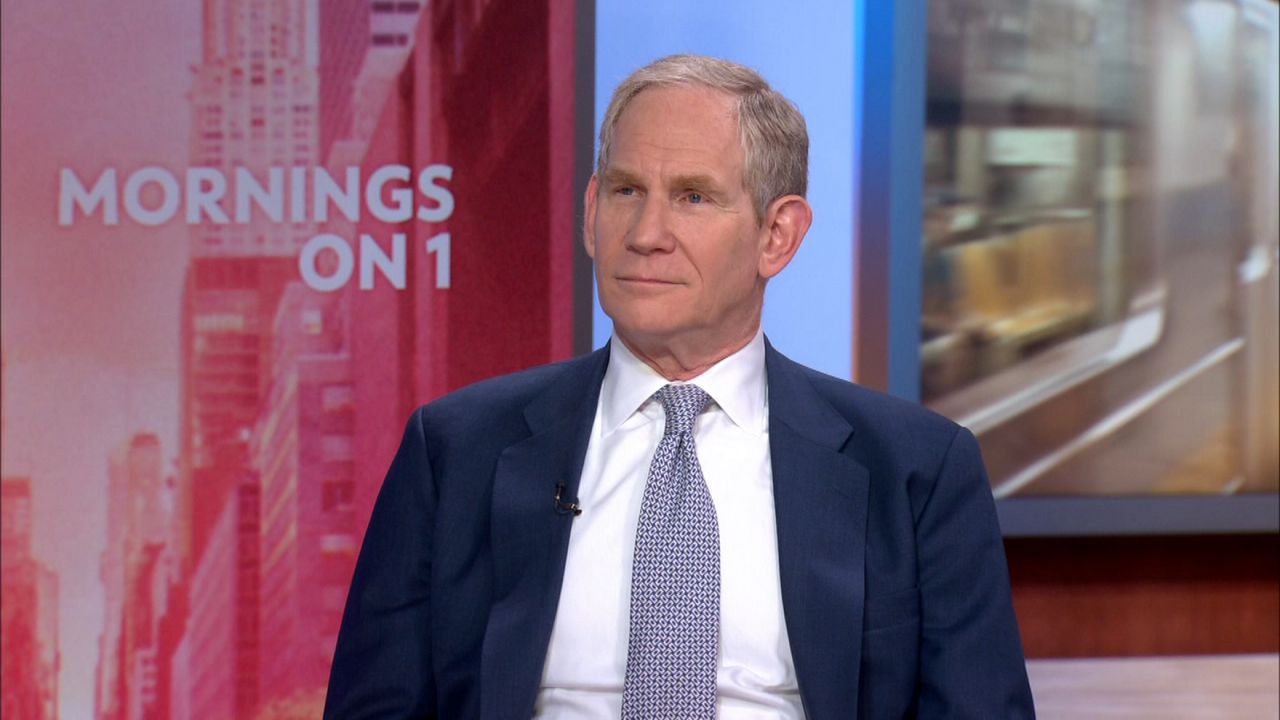
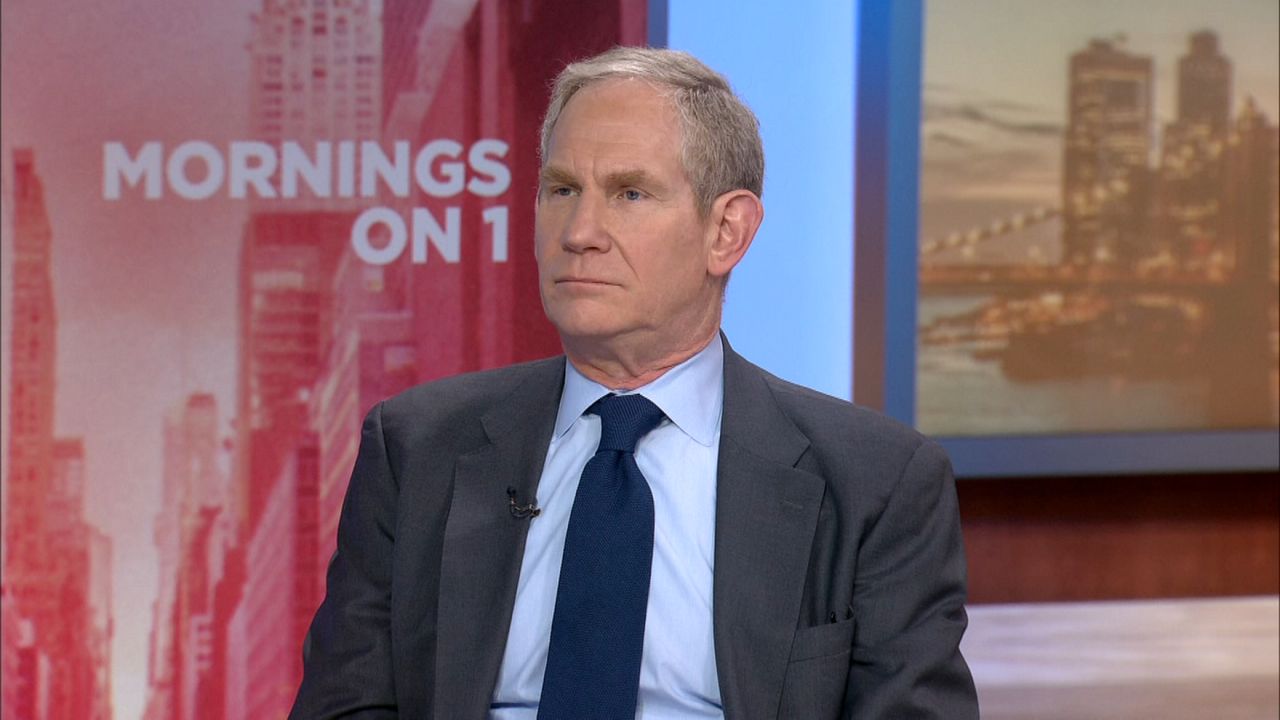
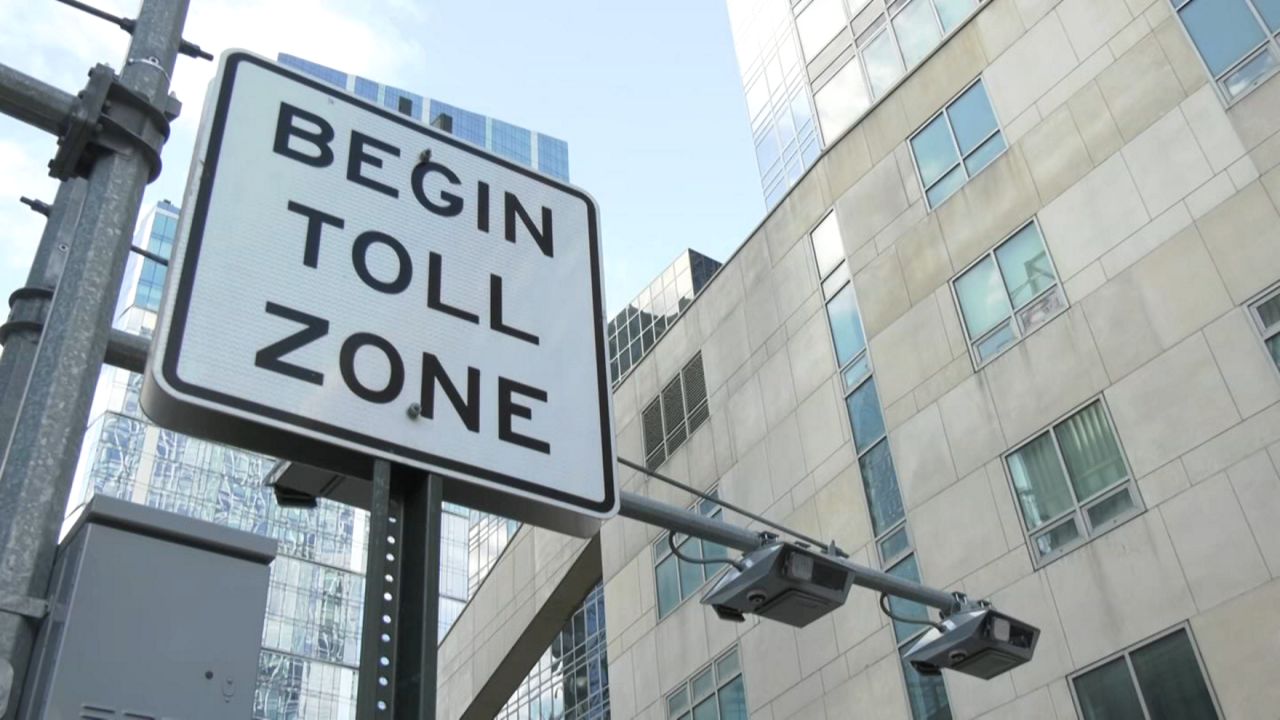
_Congestion_Pricing_Wahi_CG_132249411_1586)
